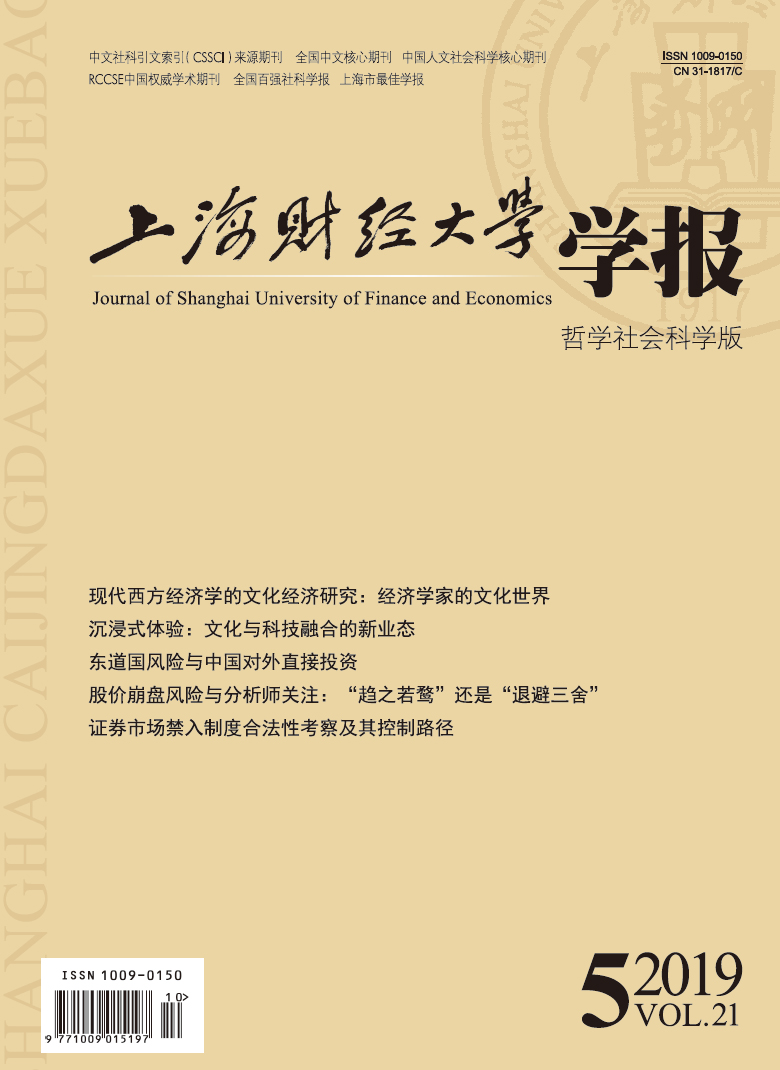Due to the persistent pursuit of the scientificalness and the rationality in the development of Neoclassical Economics, the cultural factors had been put aside out of the mainstream economic studies for a long time. Since the mid-20th century, the economic transformation in the post-industrial society has made culture and economy highly integrated. Culture has been becoming a part of the economic system with the cultural economization while economy has had increasingly obvious symbolic and humanistic characteristics with the economic culturalization. Culture is an issue that economics has to face.
Having sorted out the exploration on the cultural factors by the economists in the past 100 years, this paper objectively presents the response of the modern economics to the social and economic changes. The treatments on the cultural issues in economics can be summed up in three categories: (1) In the aspect of the research theme, the economic studies have been extended to the cultural and artistic activities and the related policies; (2) In the aspect of the research methods, much attention has been paid to the endogeneity of the cultural factors and the interaction between/among the people; (3) In the aspect of the research philosophy, the dynamic process of the economic development has been emphasized, and the reconstructing of the ethical dimension and the moral foundation of economics have been required. In the reality, the treatments in the above three categories interweave with each other. Among them, the treatment in the expansion of the research theme is the most external and superficial manifestation for the acceptance of the cultural factors by economics. It is the economic nature of the cultural and artistic activities that attracts economists’ attention, rather than the cultural connotation. The analysis on the institutional factors by New Institutional Economics and the investigation on the various possible game results by the Game Theory acknowledge the important influence of the traditions, institutions, customs and other cultural factors on people’s economic activities. So the existing theories have been revised appropriately on the basis of the core philosophy of neoclassicism. The historical characteristics studied by Evolutionary Economics and the ethical review and reflection on the economic development have affirmed the importance of the social psychological factors. So the myth of the economics rationalism has been broken in some extent.
Regardless of how the cultural factors have been brought into the economic research, it means that economics has paid some attention on culture and tried its best to break through its own limitations. It also reflects the growth of the economic thought in the broad social and historical context. Being a social science, economics has been gradually restoring its function of the value concern and the social criticism while keeping its rational analysis. It is believed that the economic research will be richer and more realistic by giving more and clearer concerns to the cultural considerations, and the human economic activities will be depicted in a broader perspective and a more convincing way with the enhancement of the insight of economics.





 7240
7240  13215
13215

